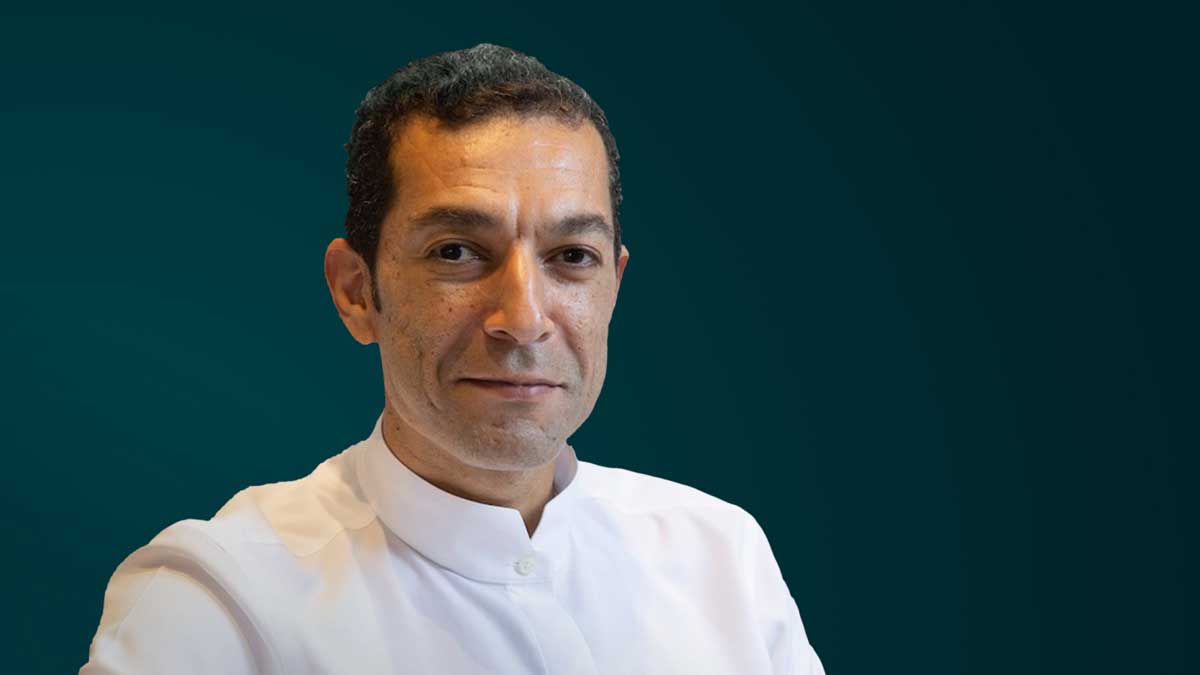AI for net zero

Why It Matters
In the crucial quest for Net Zero, the role of Artificial Intelligence (AI) is indispensable. Professor Ahmed H. Elsheikh's pioneering research epitomises the intersection of AI, computational science, and sustainability. His work leverages AI to address some of the most pressing challenges in achieving net-zero emissions, focusing on modelling of geo-energy systems and active control for energy efficiency.
This research not only propels the field of computational science forward but also serves as a beacon for sustainable practices across various industries. His efforts are particularly pivotal in advancing CO2 capture and storage technologies, which are crucial for mitigating climate change impacts.
Collaborate to Innovate
As the Data and AI theme leader at our Global Research Institute for Net Zero and Beyond (iNetZ+), Prof. Elsheikh fosters a collaborative environment where academia and industry work together, creating a dynamic synergy that drives significant breakthroughs in sustainable energy solutions.
One exemplary outcome of this collaboration is ECO-AI, a significant project funded by UK Research and Innovation (UKRI) under the AI for Net Zero initiative. Prof. Elsheikh led a diverse and interdisciplinary team from across the university and from Imperial College London, to securing £2.8 million in total funding to advance research on enabling CO2 capture and storage using AI. ECO-AI aims to address key barriers to large scale carbon capture and storage (CCS) by accelerating the development of energy efficient solvents for CO2 capture and by developing fast AI-solvers to predict CO2 plume migration in deep geological formations for safe CO2 storage. This work is creating a scientific framework for researchers to play an important role in achieving the UK Government's net-zero target for 2050.
We are targeting hard-to-decarbonise industries such as steel, cement, and chemicals through carbon capture and storage, with specialist AI techniques for scientific computing, material discovery and financial forecasting.
Another impactful EPSRC-funded project led by Prof. Elsheikh is on multi-level reinforcement learning for active flow control. Funded by EPSRC New Horizons 2020 for Mathematical Sciences, this project has made considerable advancements in the field of robust fluid control. The project team has released an open-source software library Gym-preCICE, enabling the integration of reinforcement learning algorithms with various numerical simulation packages. Gym-preCICE has enabled further advances in several engineering applications including those relevant to wind energy generation.
Leading Expertise
Prof. Elsheikh has an impressive portfolio of academic and research achievements in AI and computational science. His expertise in AI applications for geo-energy systems is internationally recognised, evidenced by his contribution to over 60 peer-reviewed publications and his leadership in securing substantial industrial research funding.
A dedicated advocate for multidisciplinary learning, Prof. Elsheikh has significantly contributed to the academic community through chairing leading conferences such as ECMOR and editorial work at leading scientific journals including Computational Geosciences and InterPore Journal. His innovative teaching methodologies, focusing on data uncertainties and digital workflows, have shaped the minds of the next generation of researchers and professionals. His guidance has helped many young scientists and engineers in making remarkable advancements in the field of sustainable energy.
Further information can be found in Prof. Elsheikh's profile on our Research Portal.
Key information
Ahmed ElSheikh
- Job title
- Professor
- a.elsheikh@hw.ac.uk